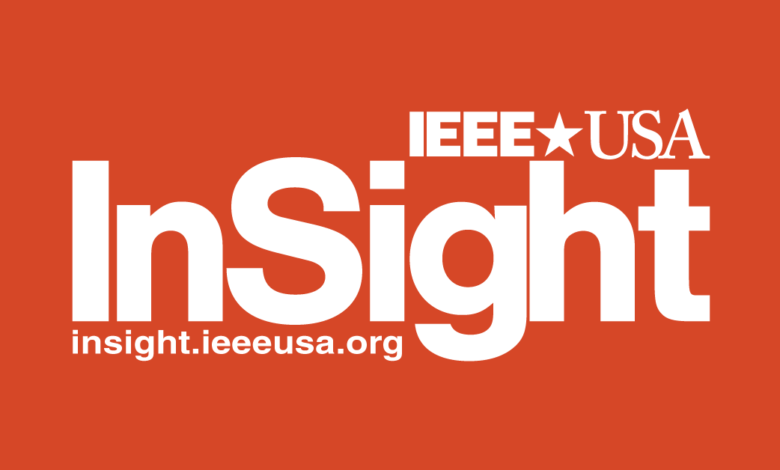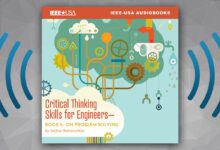
Diary of a Mass Media Fellow: Computer Scientist in a Newsroom
In early 2006, while still a Ph.D. student in interactive computing at Georgia Tech, my advisor at the time (Irfan Essa) and I became interested in the application of computer science to journalism. We called it “computational journalism,” and my first task was to figure out what that actually meant — both for computer scientists, and for journalists who might use new computational methods for gathering, making sense of, and presenting information.
It’s perhaps unsurprising, then, that the AAAS Science & Engineering Mass Media Fellows program caught my eye. The program places a number of graduate and post-graduate scientists and engineers at mass media outlets every summer to help promote the communication of science with the general public. It was the perfect opportunity for me to be embedded in a newsroom, get real experience reporting on science and technology stories, and be immersed in the culture of journalism. IEEE-USA sponsored my fellowship at the Sacramento Bee (SacBee) newspaper in California, and I began the 10-week fellowship on 15 June 2009.
I got the chance to work with a number of different people at the SacBee, on both traditional science reporting and writing, as well as some online stories that added interactive aspects of games, simulation and information graphics to the storytelling mix.
Once I got the hang of it, reporting became a lot of fun: collect some background reference material, meet and talk to scientists and other stakeholders, ask them some questions, and put it all together in a relevant storyline. Working at the SacBee was different than at some other news outlets, since it’s a regional paper and the stories I wrote had to be relevant to the local community — a challenge, since science often transcends geography.
Despite the regional nature of the paper, I still pitched and reported an immense breadth of stories over the summer. I racked up bylines on stories ranging from the health benefits of olive oil, to water issues in the Sacramento Valley, to using video games as cognitive exercise aids for older adults. It was a welcome change of pace from the intense depth of research and writing that I had just finished with my dissertation.
Alongside all of the traditional reporting I was doing, I also had the opportunity to apply aspects of computer science, such as data analysis, modeling and human-computer interaction to new, online news experiences. As more and more data is being used in news storytelling (e.g. the Guardian’s Data Blog), I found it quite engaging thinking about issues of data acquisition, provenance and quality, in conjunction with journalistic values, such as objectivity and transparency. The future of journalism is data!
And while the fun, fast-paced and dynamic newsroom environment was its own reward, I gleaned other benefits as a mass media fellow as well: experience thinking about and writing for different audiences; explaining “the big picture”; and exposure to other elements of the news-world like advertising, photography, design and editing.
My summer culminated in a policy-challenging, interactive data visualization, and written story. With water such a controversial issue in the Sacramento Valley, a change to the local lawn-watering policy sparked a scientific question: When was it best to water your lawn from a conservation point of view? I found a model published in an irrigation research journal, and did reporting to understand how to parameterize that model. Then, I visually simulated the model, so that users could understand how much water they would conserve by watering at different times of day, taking into account historical hourly data on temperature, humidity and wind speed. The local government was surprised and came clean: they had changed the lawn watering policy more to save money on pumping than anything else. The story forced them to reconsider a more grounded approach to their policy. A win for science reporting!
Nicholas Diakopoulos is a Computing Innovation Fellow at the School of Communication and Information at Rutgers University. He received his Ph.D. in Computer Science from the School of Interactive Computing at the Georgia Institute of Technology in 2009. His research interests span human computer interaction, information visualization, and multimedia content analysis, with themes from media including journalism, collaborative authorship and annotation, and games.






